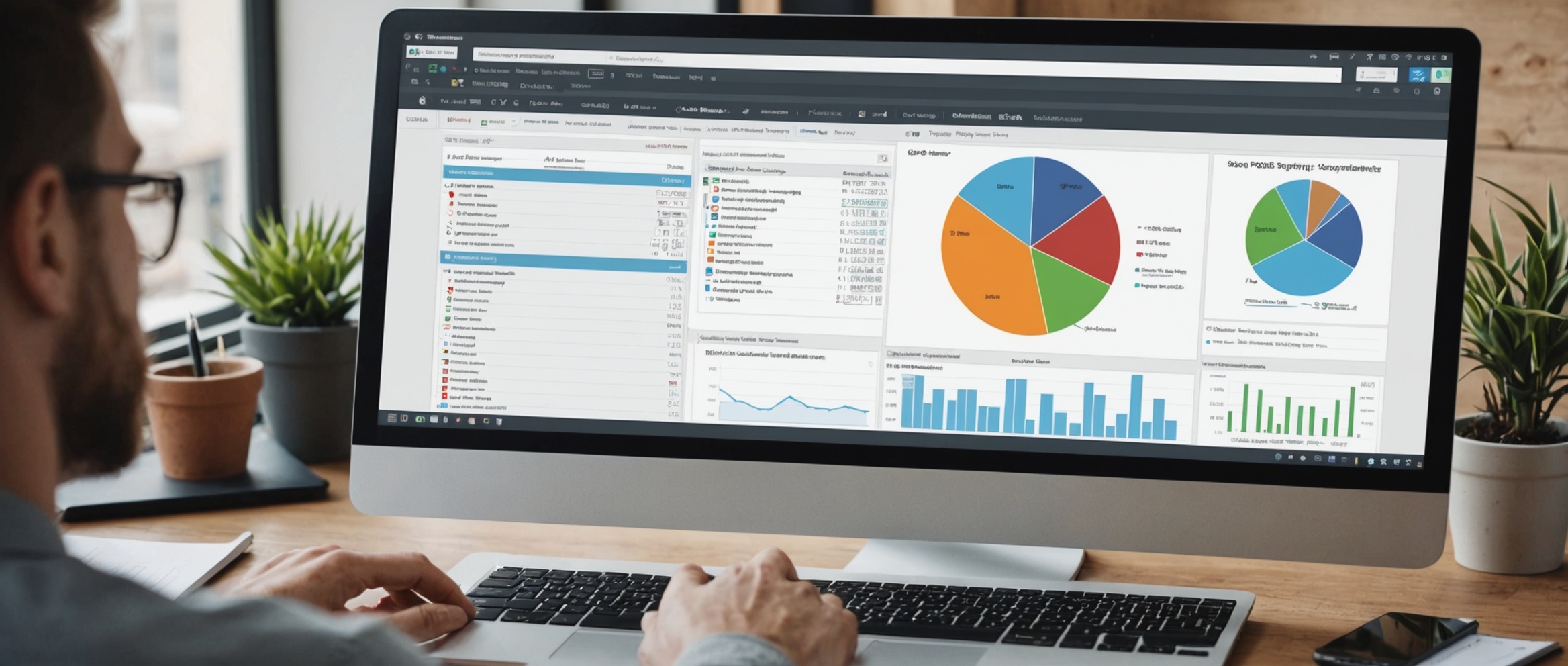Private Blog Networks (PBNs) are a controversial yet popular method used by some SEO professionals to rank websites higher on search engine results. In this article, we will explore both the benefits and risks associated with using PBN service for SEO. PBNs involve creating a network of authoritative websites that link back to a target site, enhancing its visibility. But is this approach beneficial in the long run? We’ll dive deep into how PBNs work, their advantages, and their potential pitfalls. By the end, you’ll have a clearer understanding of whether PBNs are a worthwhile investment for your SEO strategy.
What is a PBN (Private Blog Network)?

A Private Blog Network, or PBN, is essentially a collection of high-authority websites created with the primary intention of building links to a target site. These backlinks help to boost the target site’s search engine rankings. The idea behind a PBN is to leverage the authority of multiple websites to improve the rankings of one main site.
A typical PBN consists of several components:- Domains: Usually purchased expired domains with existing backlink profiles.- Hosting: Each site is hosted on different IP addresses to avoid detection.- Content: Articles are posted on these sites to make them appear legitimate and authoritative.
The Benefits of Using a PBN Service for SEO

Quick Boost in Rankings
One of the main advantages of using a PBN service is the potential for a quick boost in search engine rankings. When high-authority sites link back to your target site, it can significantly impact your site’s position on search results. This method has been successfully employed by many SEO specialists to achieve rapid results.
Control Over Backlinks
Another benefit is the control you have over your backlinks. Unlike organic link-building strategies where you have little say in who links to you, using a PBN allows you to manage and direct the link flow precisely. This control can lead to a more optimized backlink profile, tailored to improve your SEO performance effectively.
Cost-Effectiveness
While managing a PBN can be costly initially, when compared to other SEO strategies like paid advertising or high-quality content creation, it can be quite cost-effective. Here’s a brief comparison to illustrate the costs involved:
SEO StrategyCostTime to See ResultsPBN ServiceModerate to High1-3 MonthsPaid AdvertisingHighImmediateContent MarketingModerate6-12 Months
Increased Domain Authority
Utilizing a PBN can help in boosting the domain authority (DA) of your website. The higher the DA, the more credible and authoritative your site appears to search engines, making it easier to rank for competitive keywords. PBNs allow for consistent link building, which is essential for maintaining and increasing DA.
The Risks of Using a PBN Service for SEO
Risk of Penalties from Search Engines
One of the significant risks associated with using a PBN service is the potential for penalties from search engines like Google. PBNs are against Google’s Webmaster Guidelines, and if detected, your site could face severe consequences, including deindexing. This means your site could be removed from search engine results, causing a significant drop in traffic.
Ethical Considerations
There’s a considerable debate regarding the ethicality of using PBNs. Many industry experts frown upon this tactic as it manipulates search engine algorithms, which should ideally promote organically grown links. It is essential to weigh these ethical considerations when deciding whether to use a PBN service.
Short-Term Vs Long-Term SEO Strategy
PBNs might provide short-term gains in rankings, but they can compromise your long-term SEO strategy. The reliance on PBNs can divert attention from building a sustainable, white-hat SEO approach, which is necessary for long-term success. Below is a comparison of the benefits and drawbacks of short-term and long-term SEO strategies:
- Short-Term Gains:
- Immediate boost in rankings
- Quick return on investment
- Control over backlinking
- Long-Term Success:
- Sustainable growth
- Compliance with search engine guidelines
- Improved site credibility
Deindexing of PBN Sites
Another crucial risk is the deindexing of PBN sites. Search engines are continually updating their algorithms to detect PBNs. Once identified, these networks are deindexed, meaning the sites will no longer appear in search results. This deindexing can drastically impact your SEO campaign, essentially nullifying any benefits previously gained from the PBN.
How to Mitigate Risks When Using PBNs
Best Practices for PBN Usage
If you decide to use a PBN service, there are several best practices to minimize the risks involved:
- Ensure diverse hosting to avoid footprint detection.
- Use high-quality content to make PBN sites appear legitimate.
- Mix PBN links with organically earned backlinks.
- Regularly update and maintain PBN sites to avoid neglect.
Diversification of SEO Strategies
Relying solely on a PBN service can be risky. Diversifying your SEO strategies can help mitigate some of these risks. Here are some effective alternatives:
- Content Marketing
- Guest Blogging
- Social Media Marketing
- Influencer Partnerships
Conclusion
In summary, using a PBN service for SEO offers both significant benefits and considerable risks. While PBNs can provide a quick boost in rankings and control over backlinks, they come with the danger of search engine penalties, ethical concerns, and potential long-term consequences. Diversifying your SEO strategies and following best practices can help mitigate some of these risks. Ultimately, the decision to use PBNs should be made carefully, considering both short-term gains and long-term sustainability.
FAQ
1. What is the main purpose of a PBN?
Answer: The main purpose of a PBN is to manipulate search engine rankings by creating a network of authoritative websites that link back to a target site, thereby increasing its perceived authority and ranking.
2. Are PBNs legal?
Answer: While PBNs are not illegal, they are against Google’s Webmaster Guidelines. Using PBNs can lead to penalties or deindexing by search engines, which can significantly harm your website’s visibility and credibility.
3. How can I identify if a website is using a PBN?
Answer: Identifying a PBN can be difficult, but some common signs include a network of sites with similar designs, content, and backlink patterns, as well as the use of expired domains with high authority metrics.
4. Can using a PBN guarantee top rankings in search engines?
Answer: No, using a PBN cannot guarantee top rankings. While it might offer a temporary boost, the risks involved and potential penalties from search engines can negate any short-term gains.
5. What is a safer alternative to using a PBN?
Answer: Safer alternatives include focusing on white-hat SEO techniques such as creating high-quality content, earning backlinks naturally, optimizing on-page SEO, and engaging in legitimate outreach campaigns to build relationships with authoritative sites.


